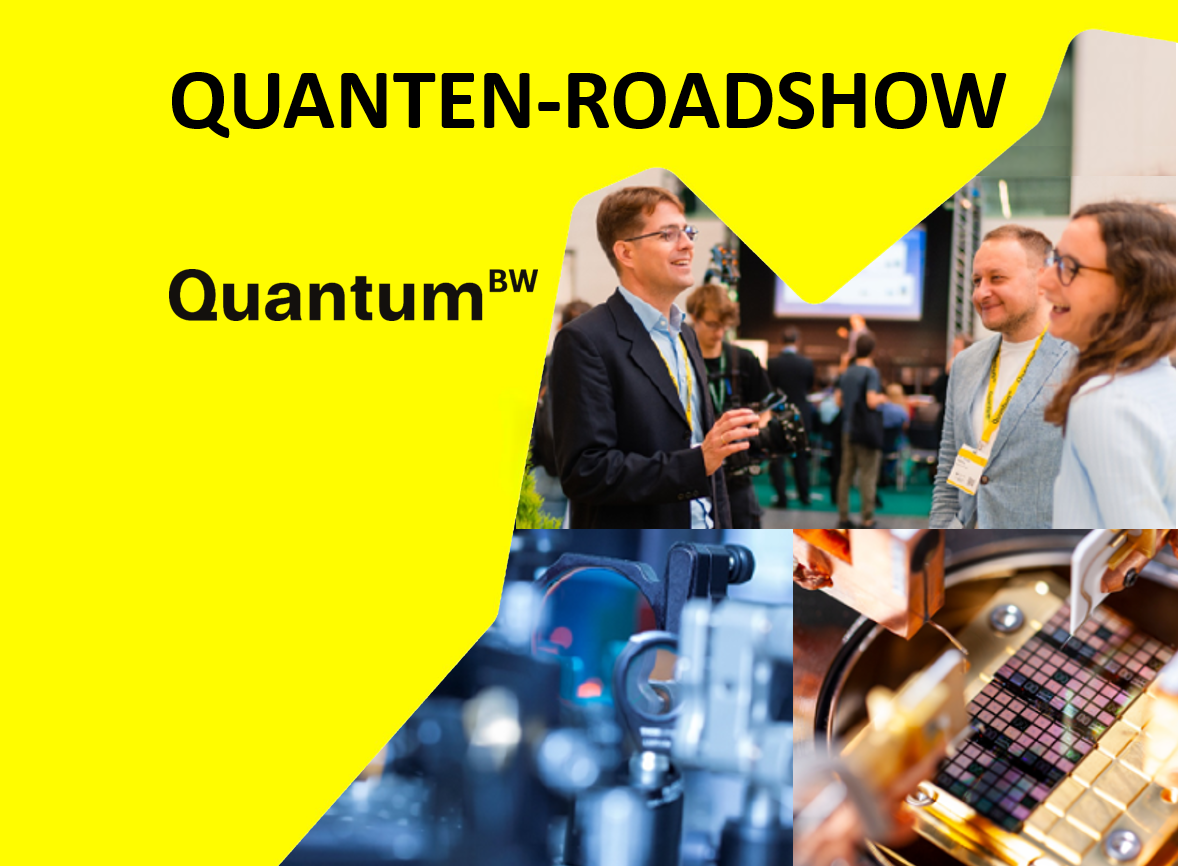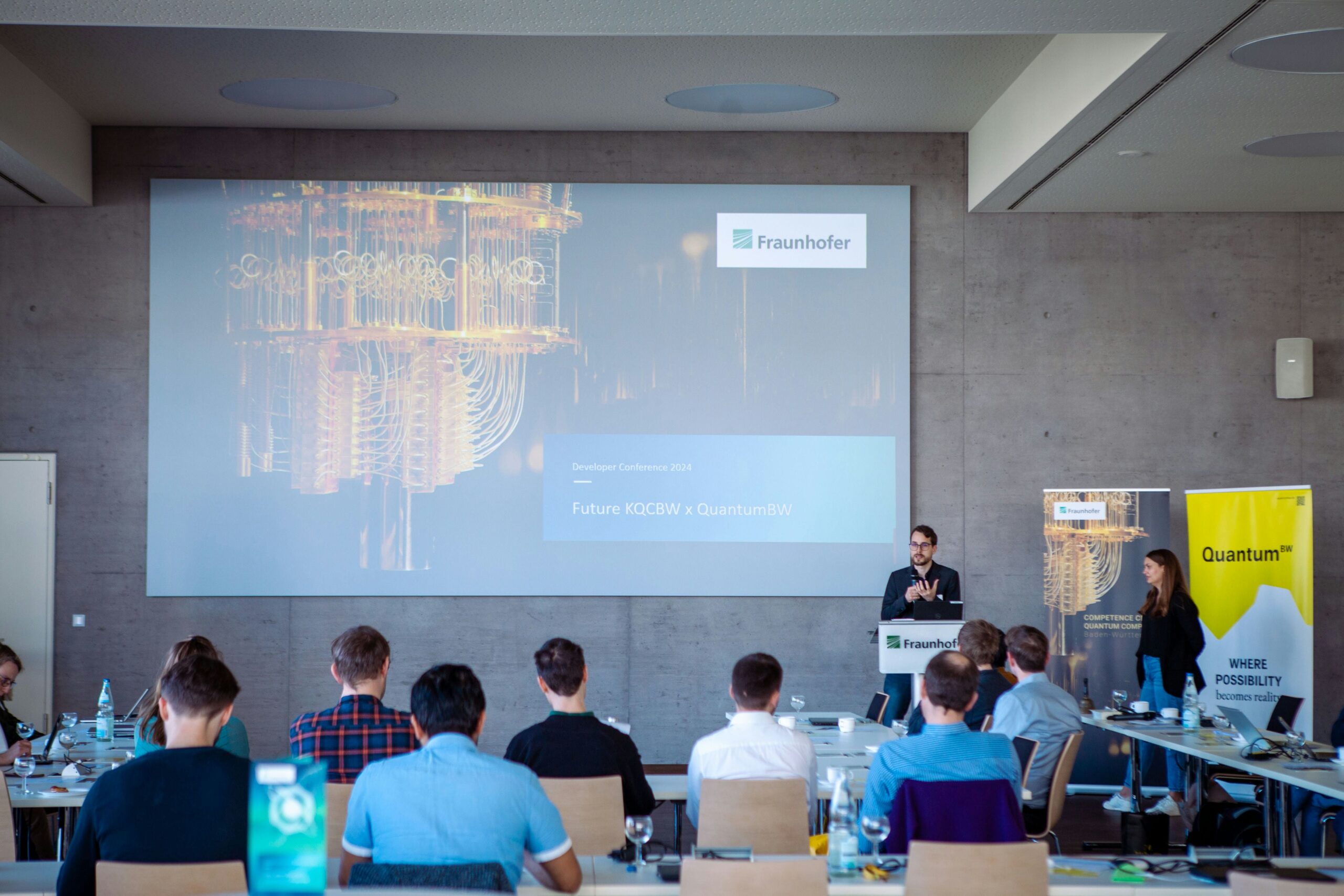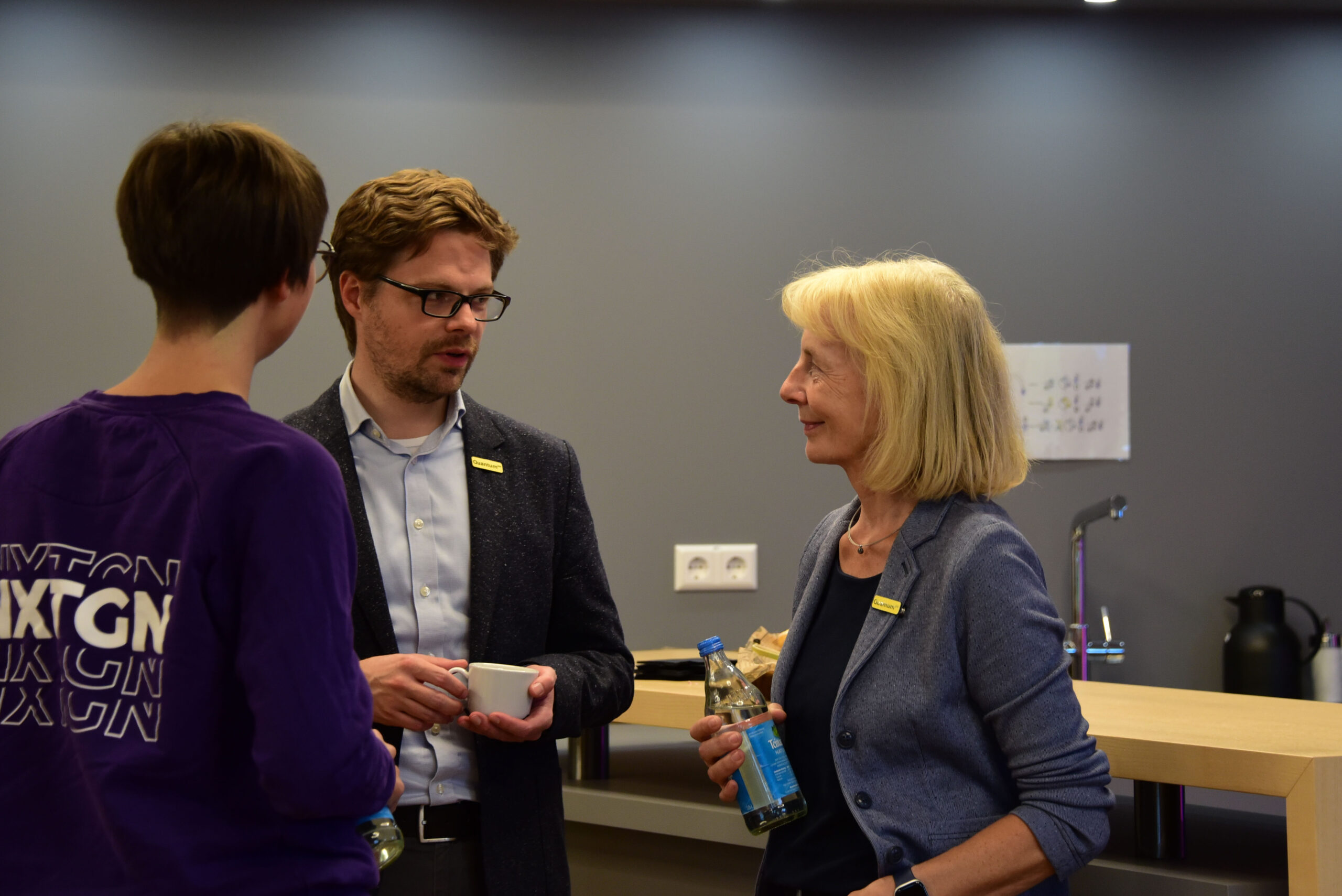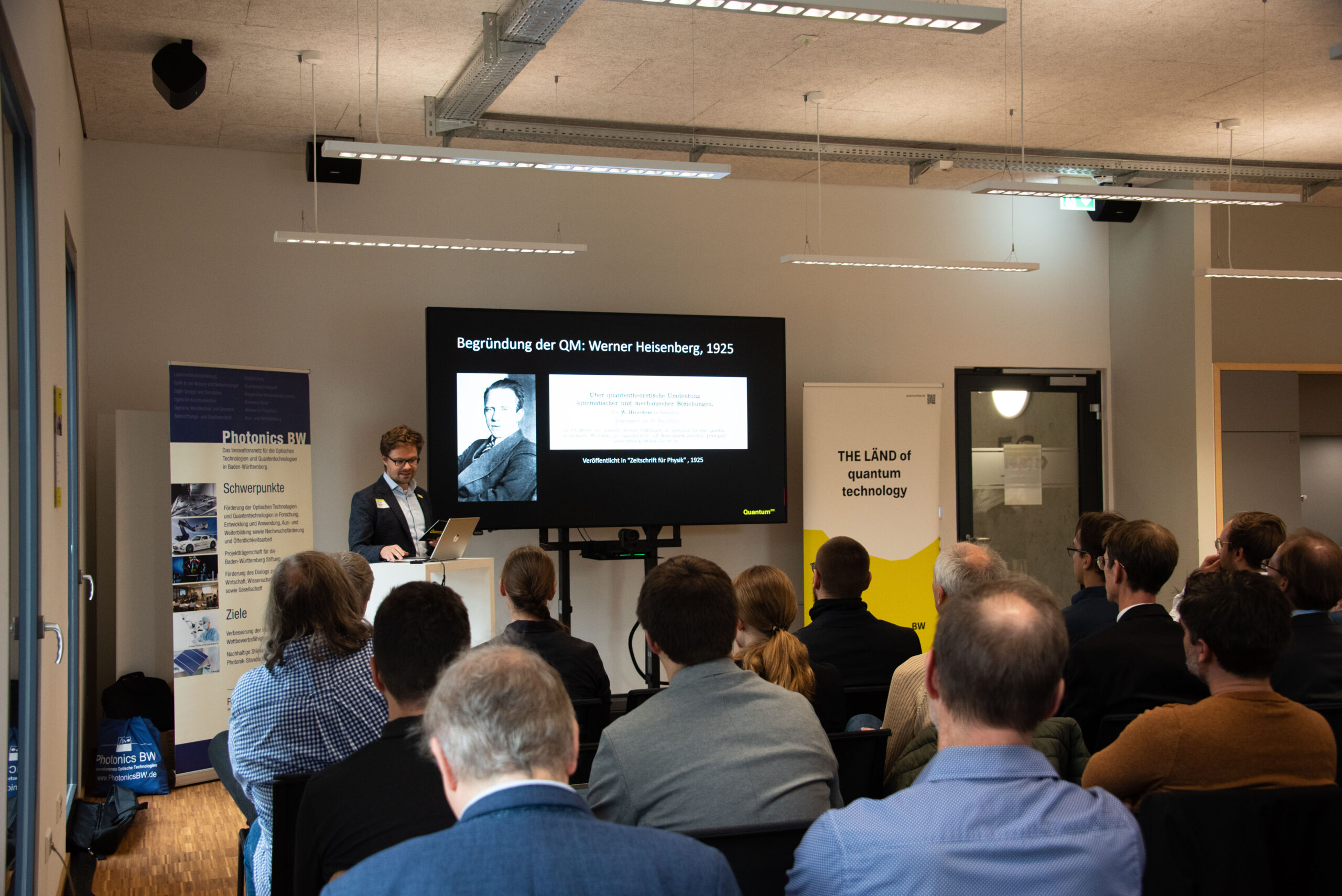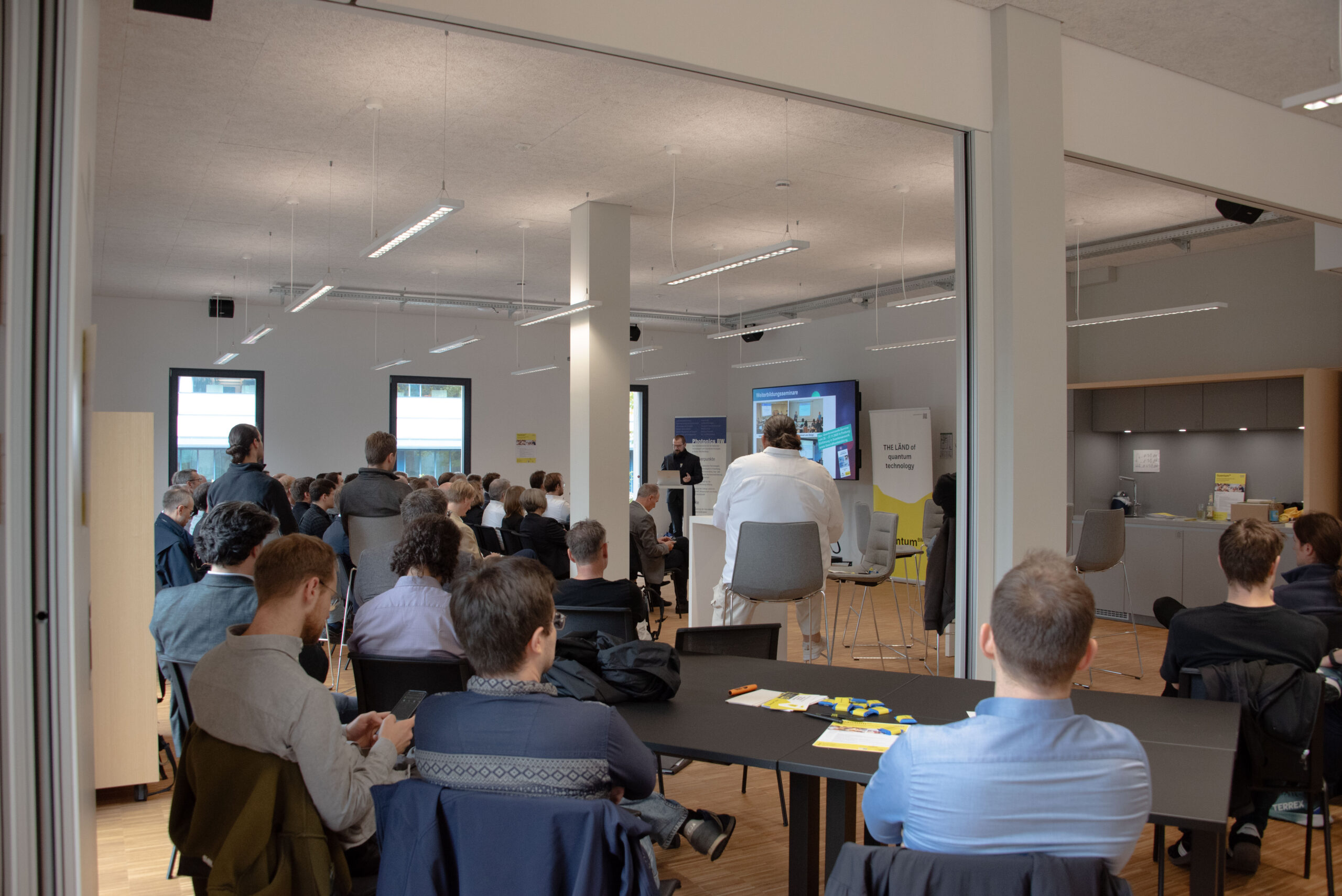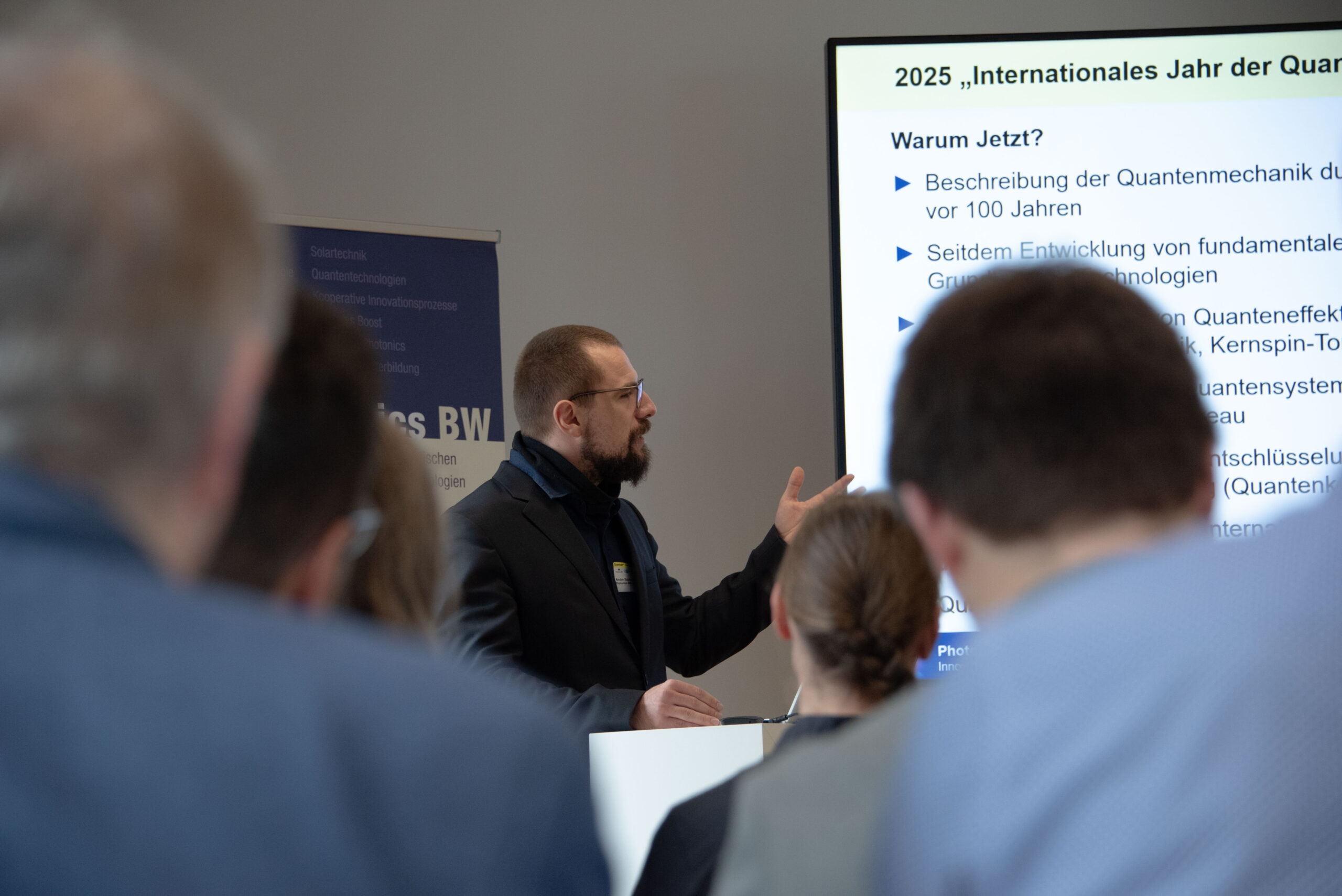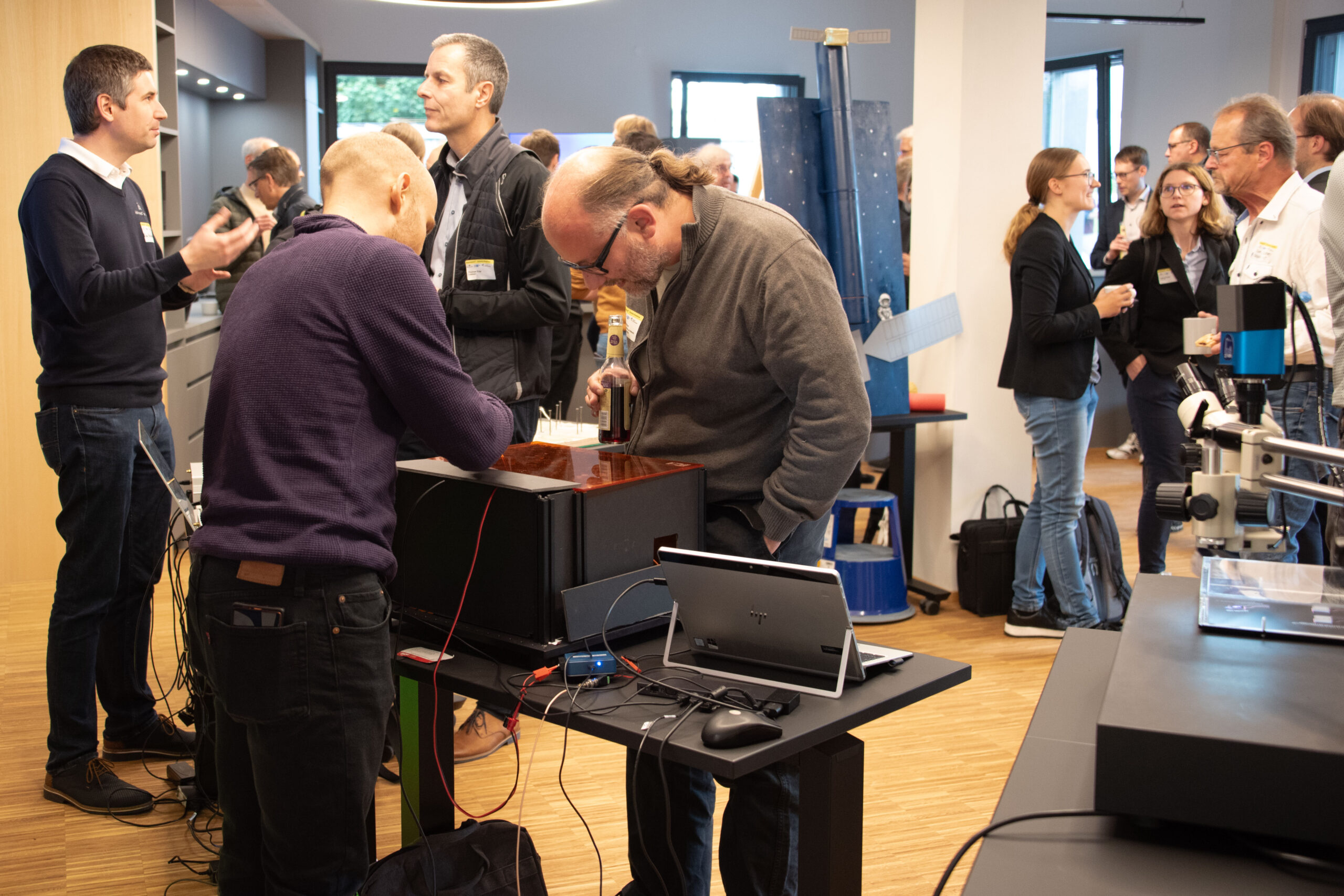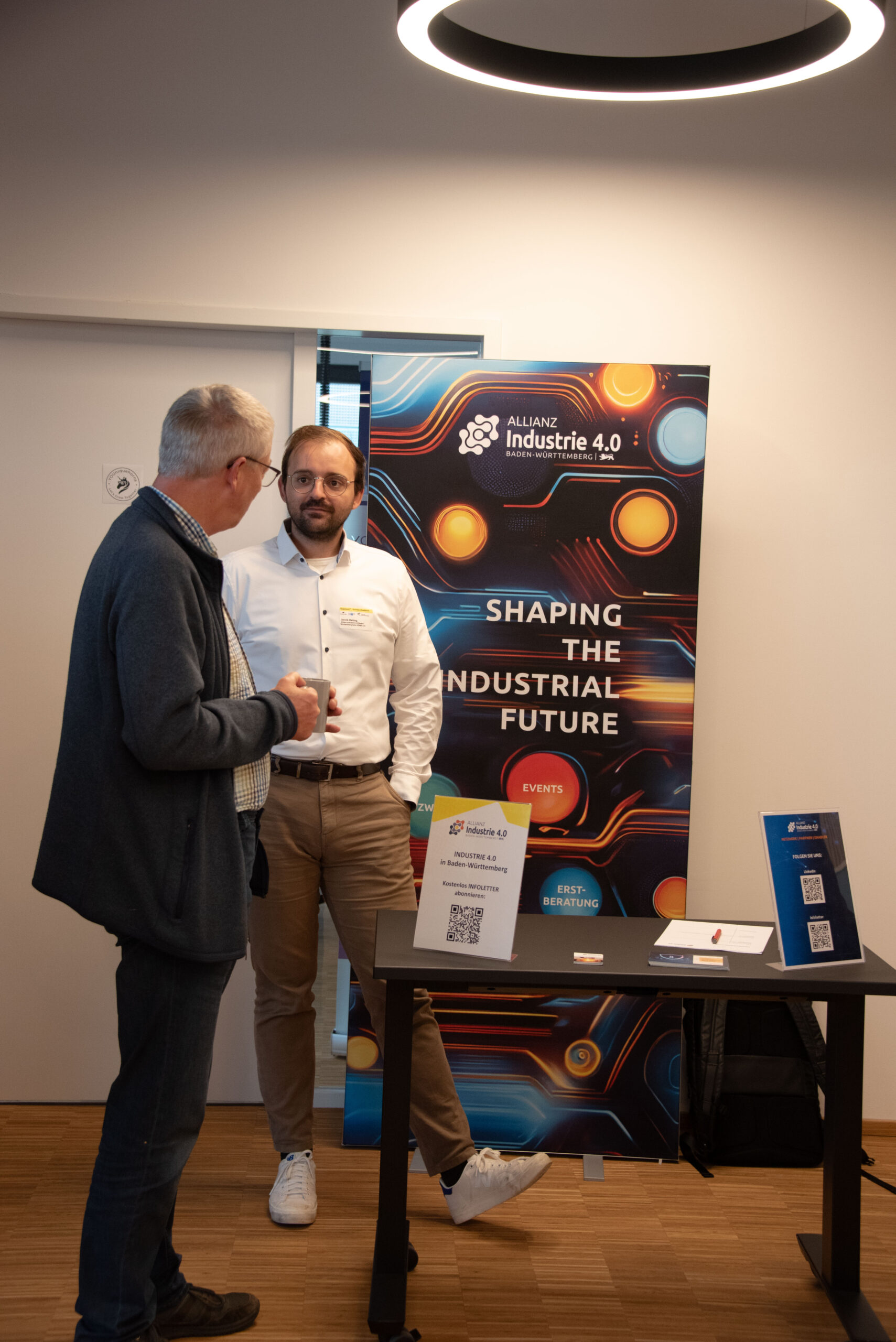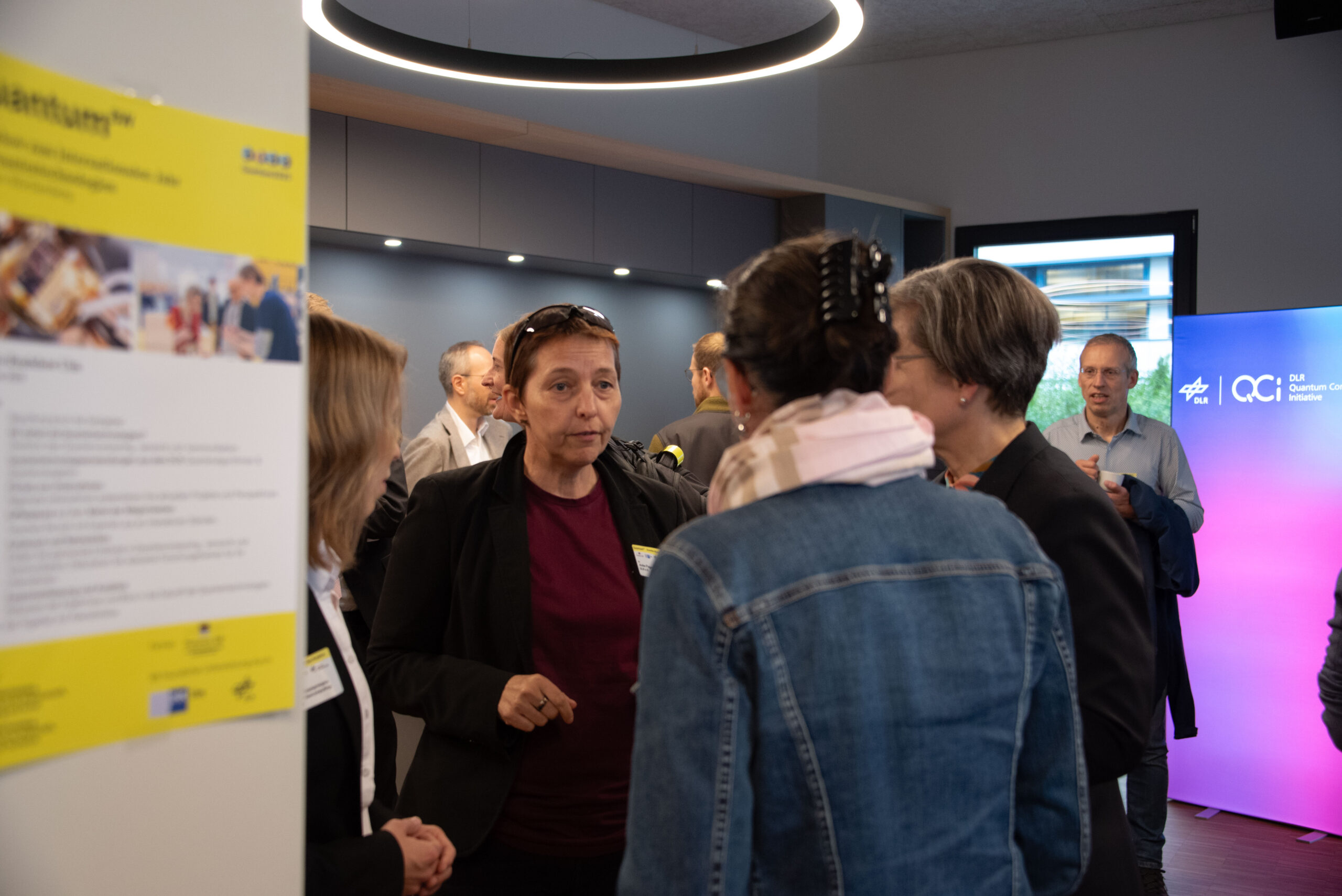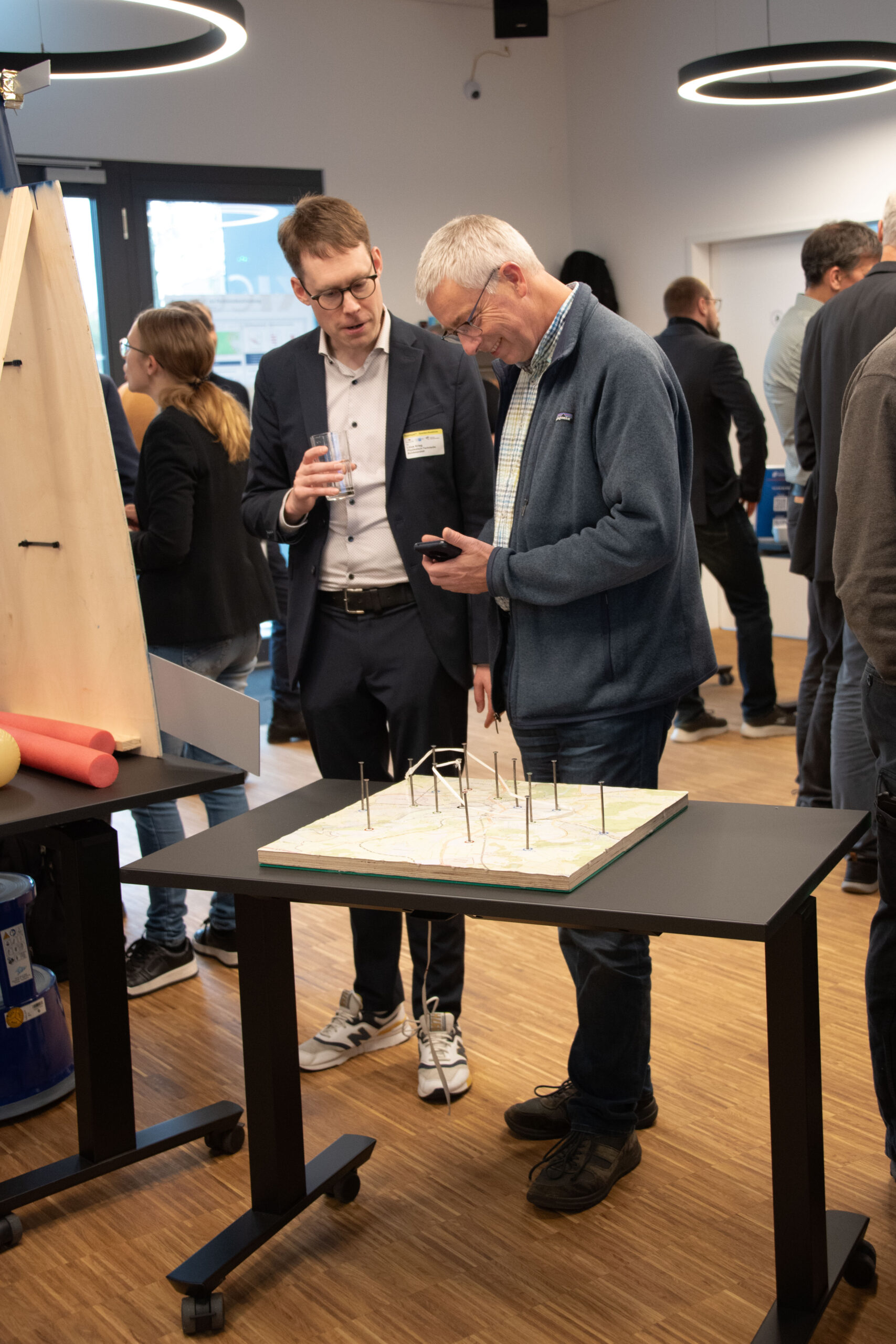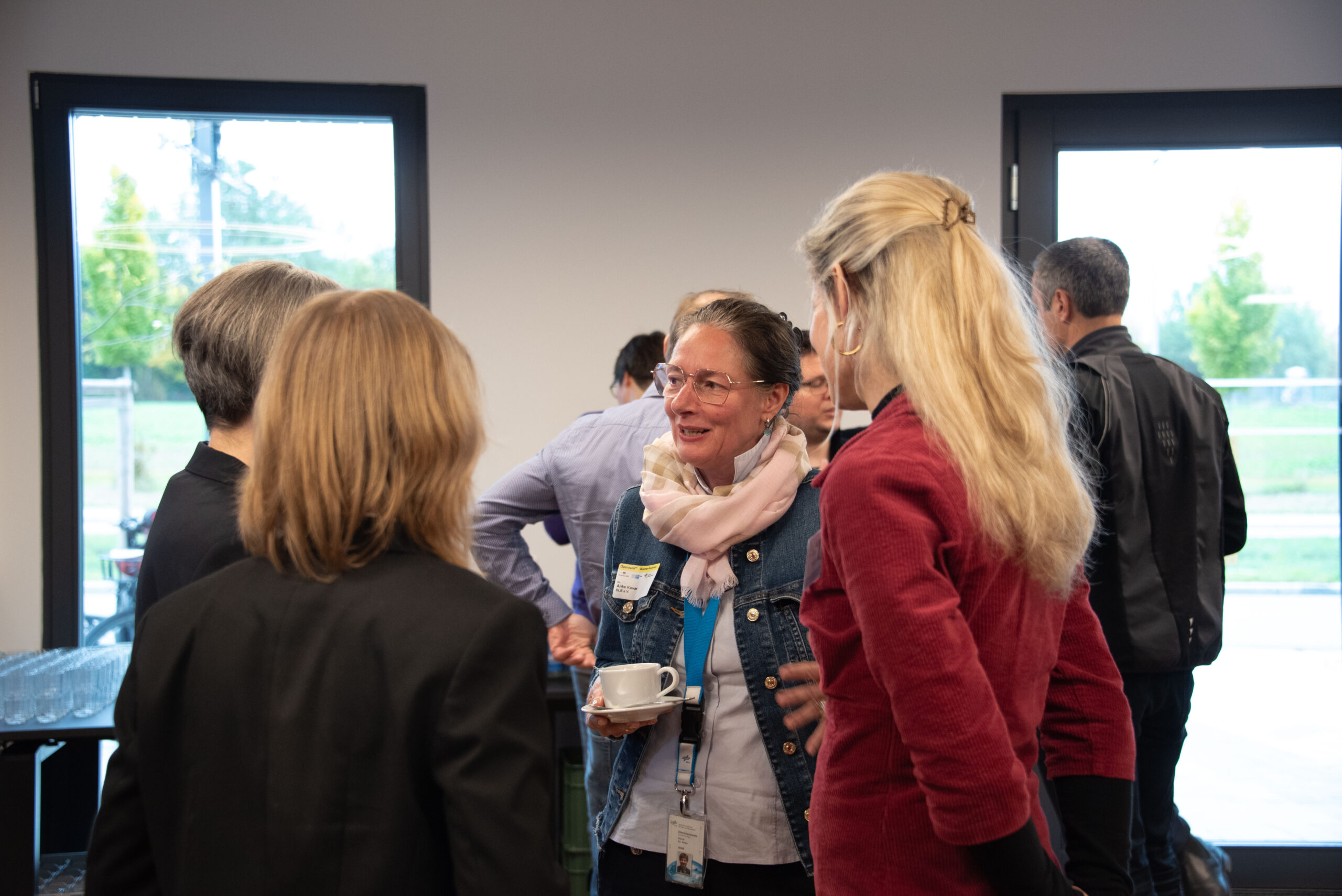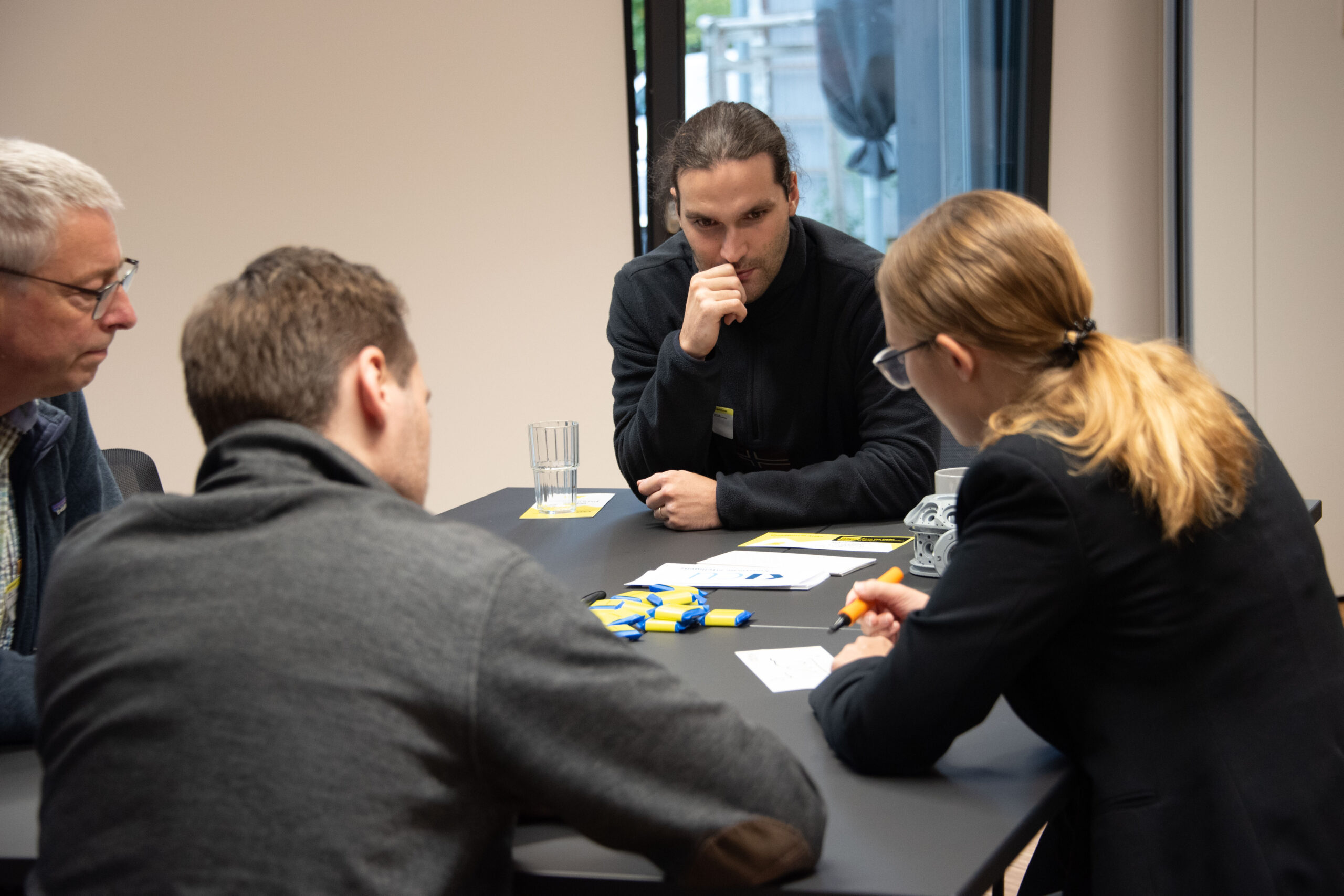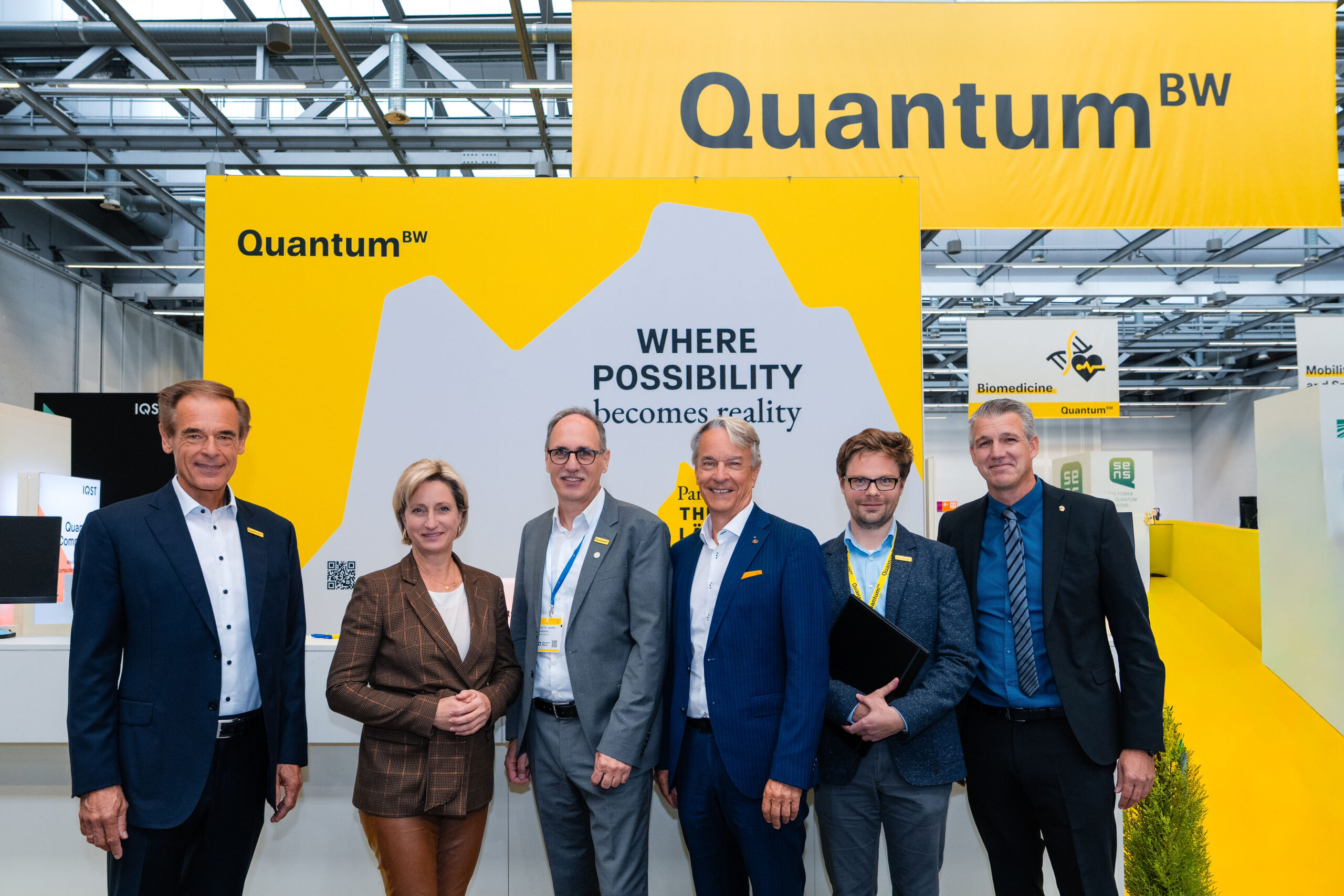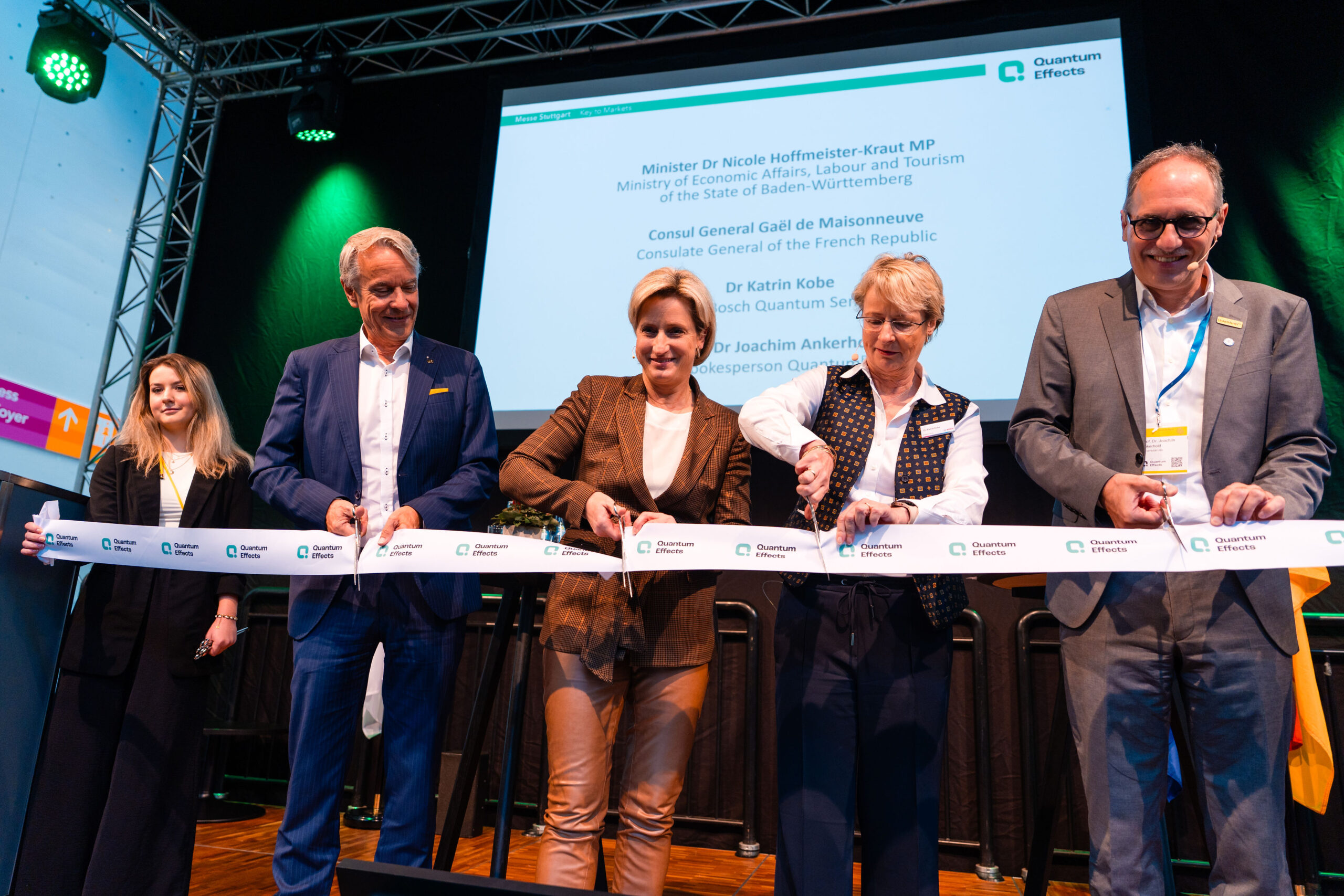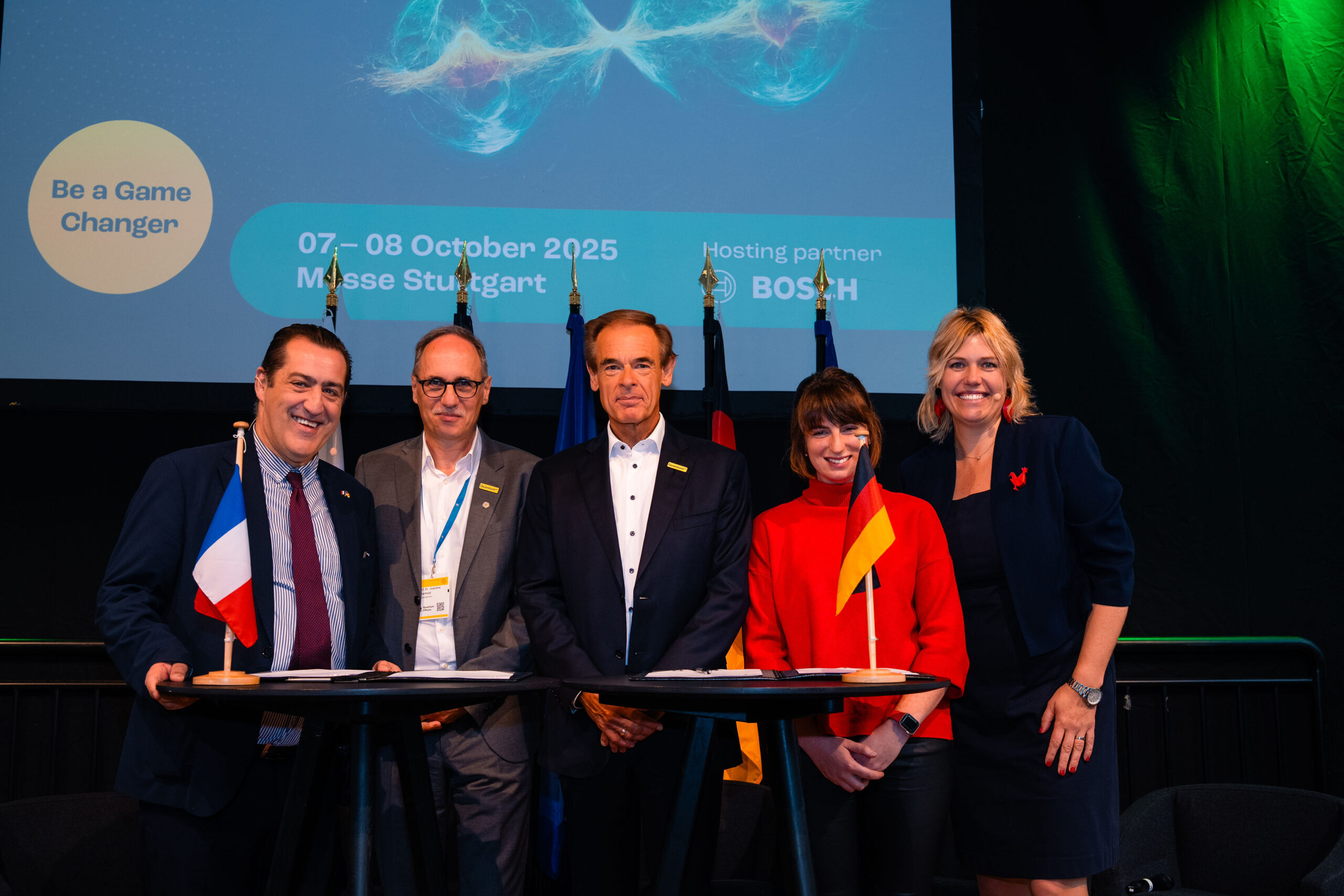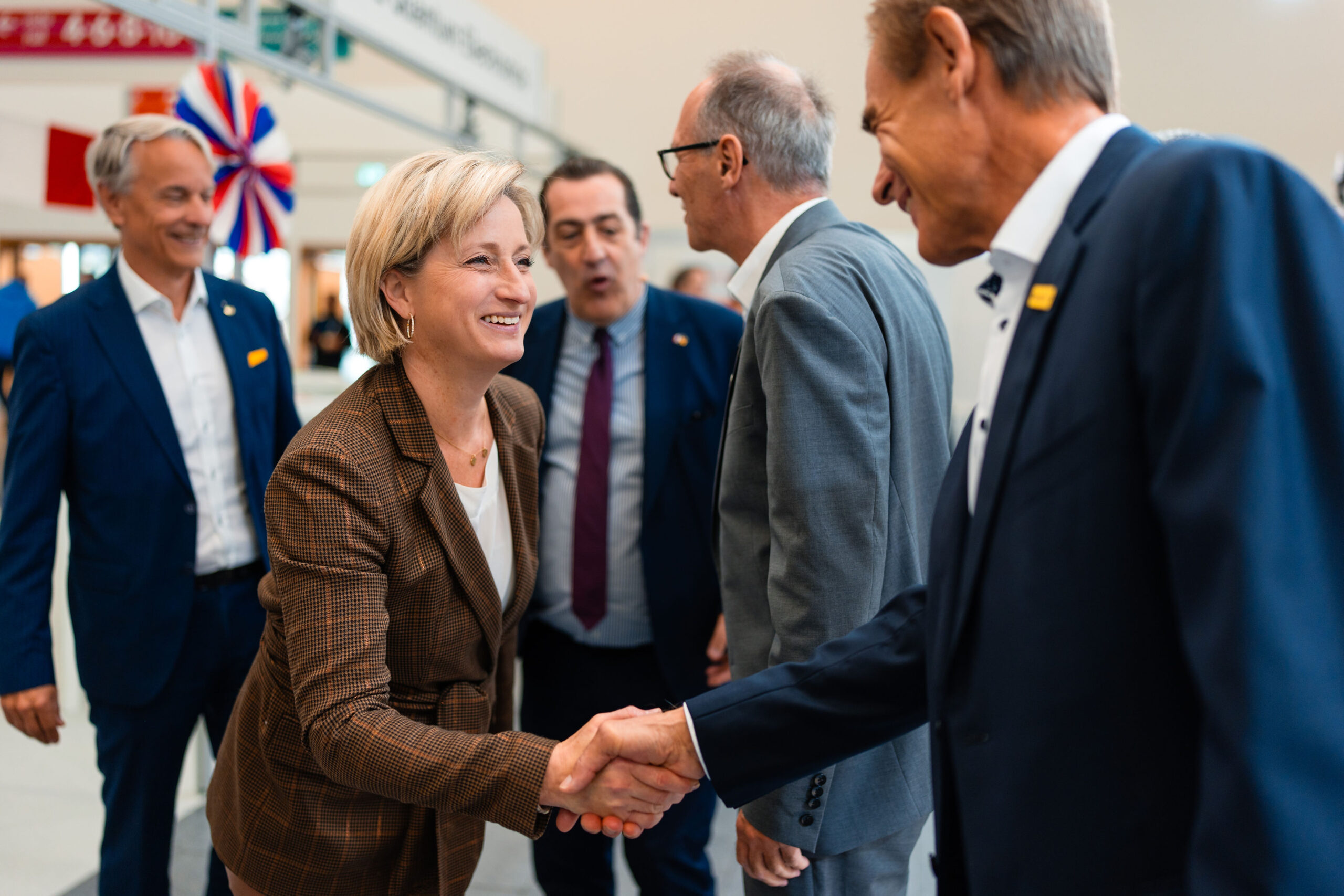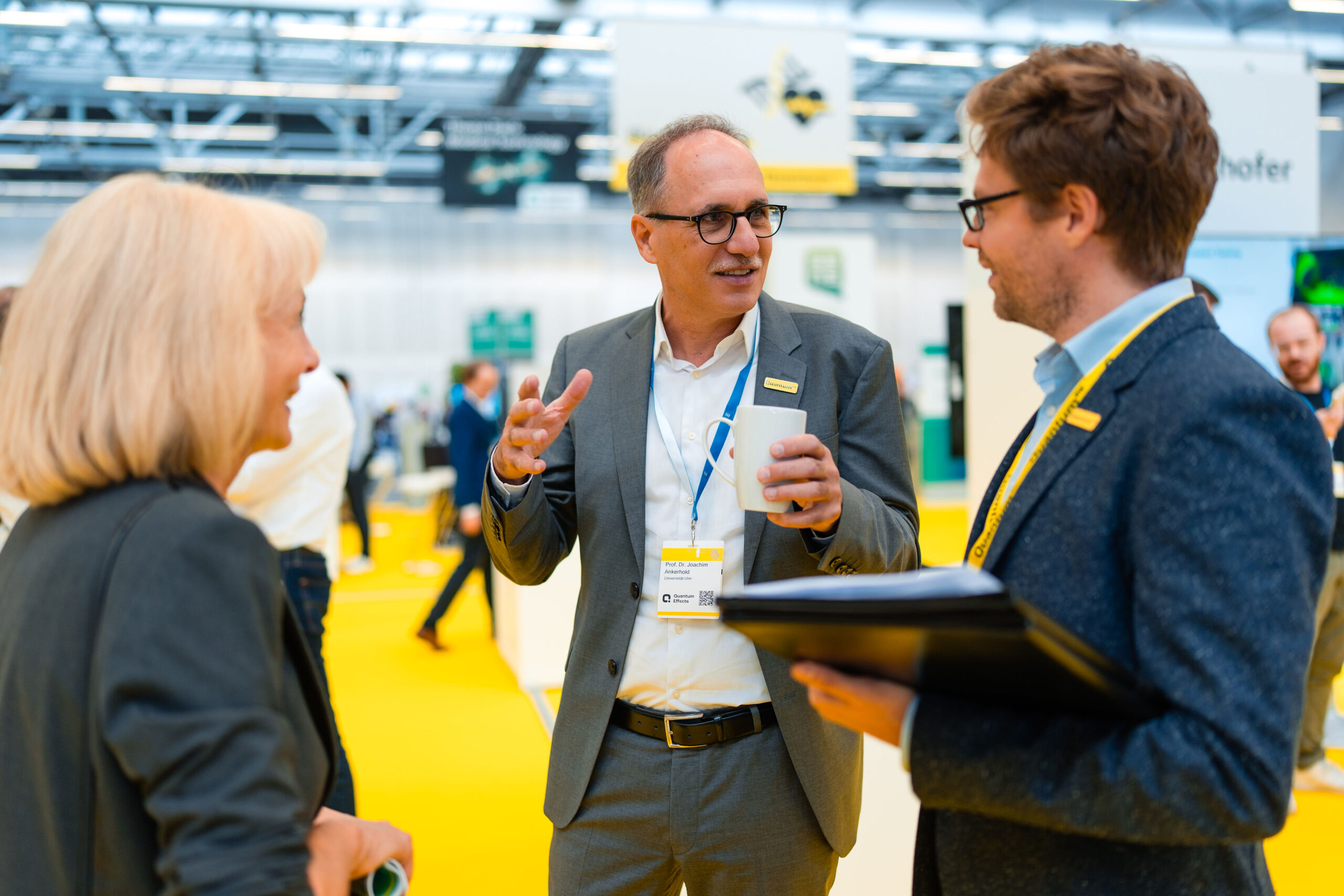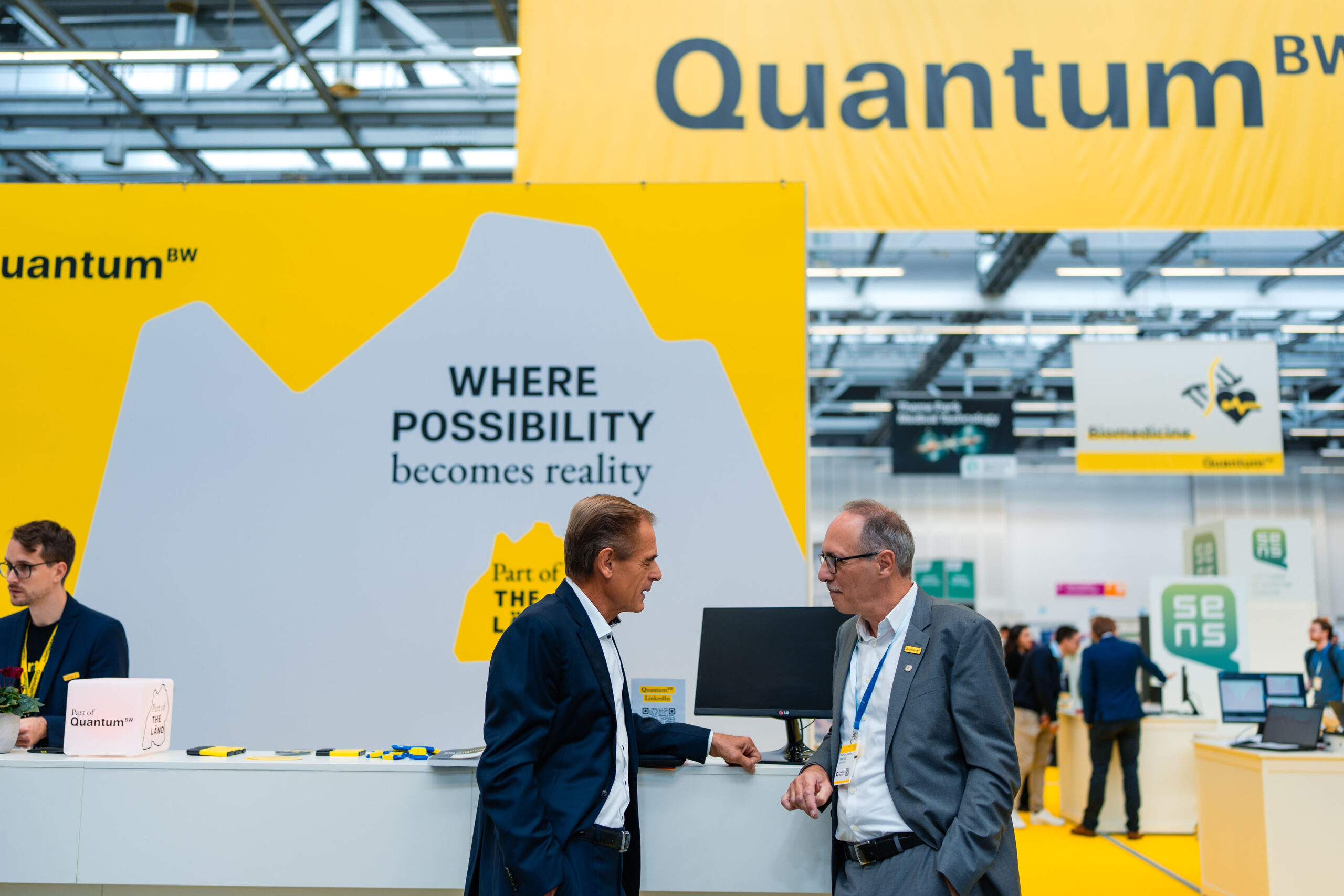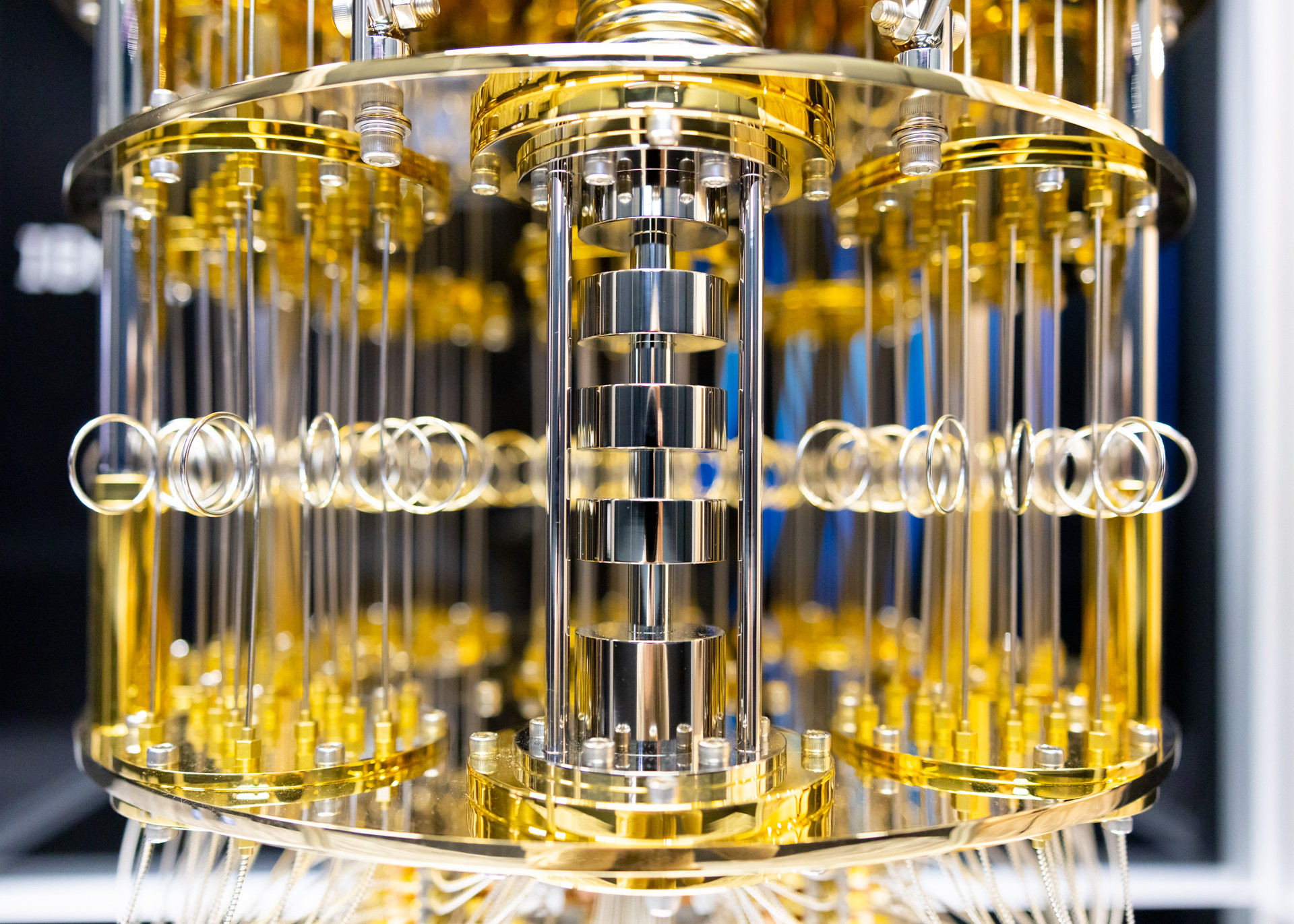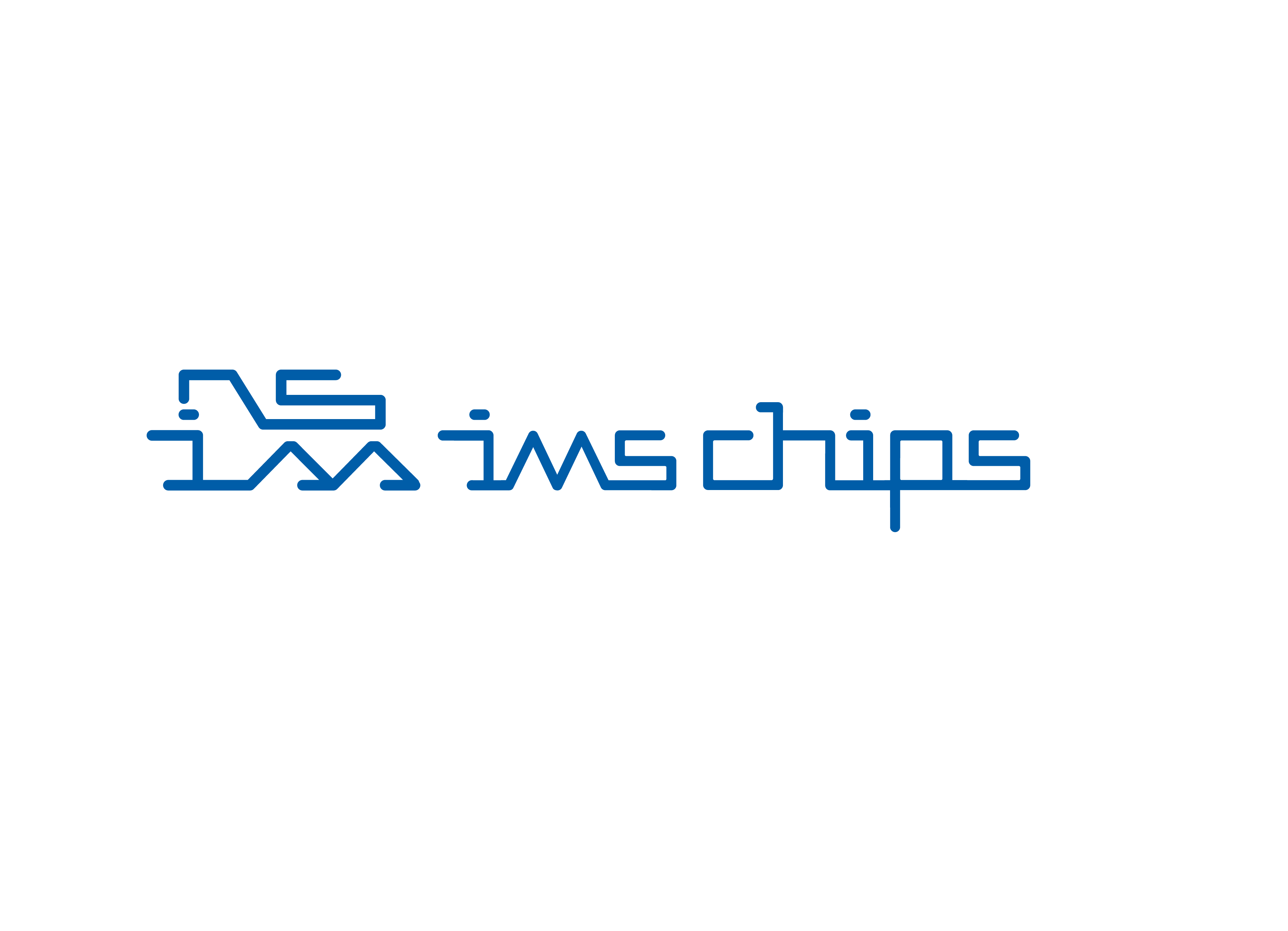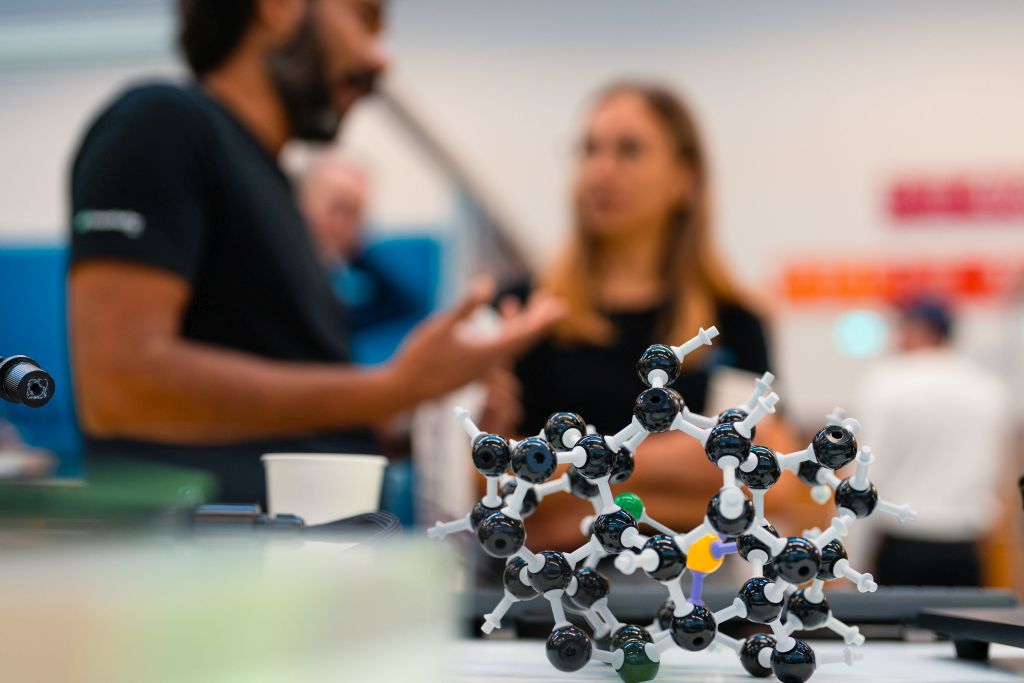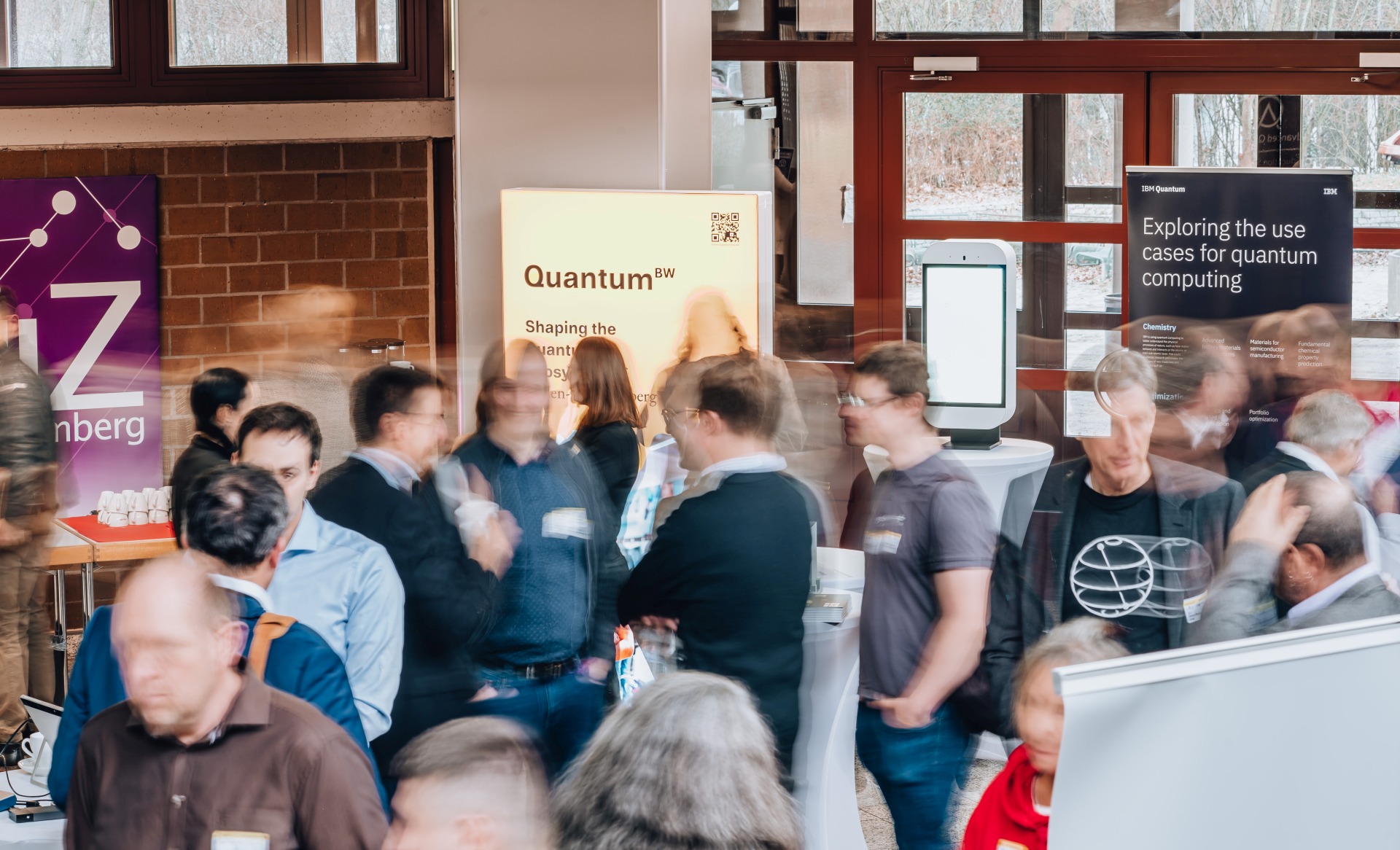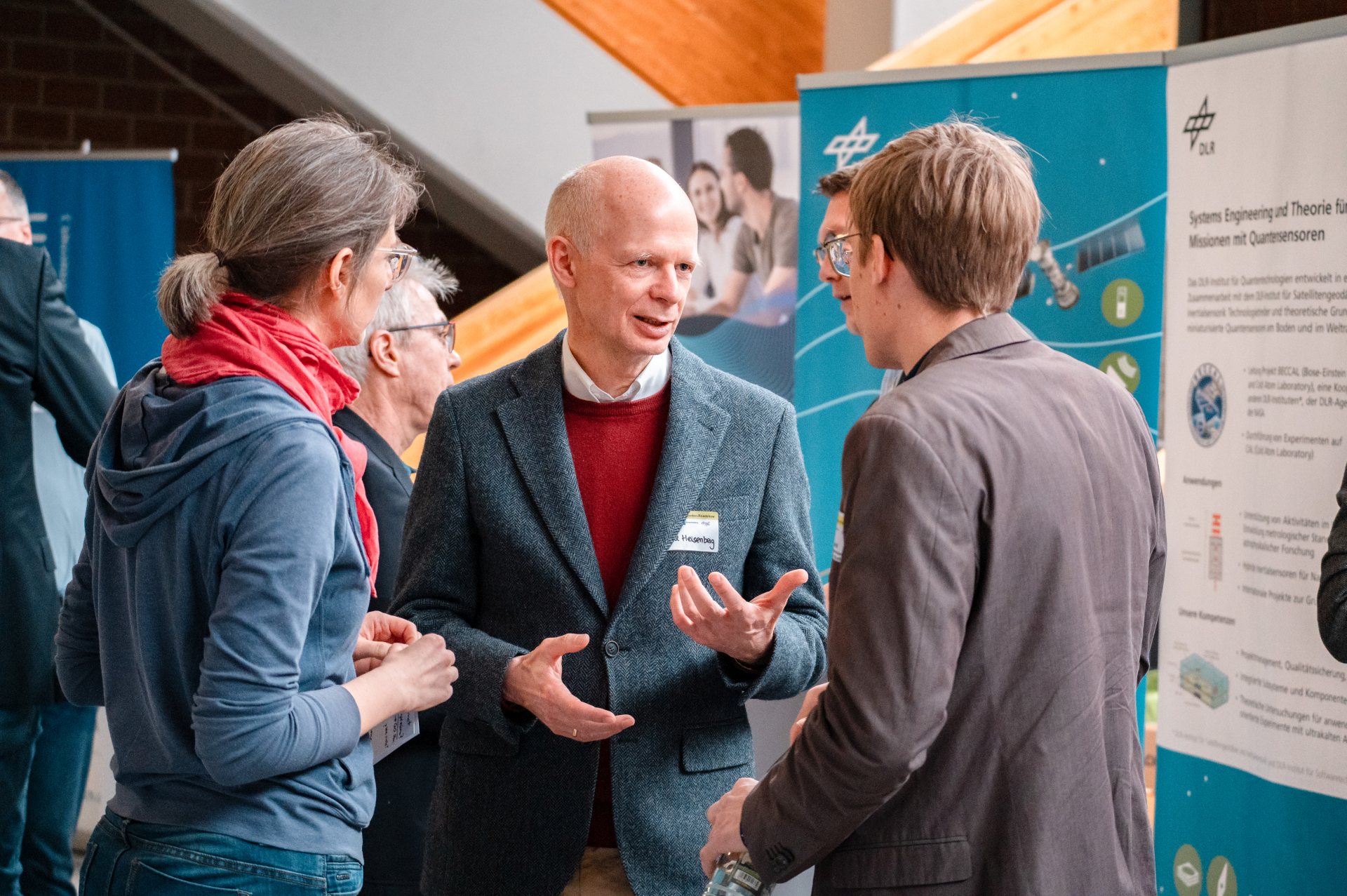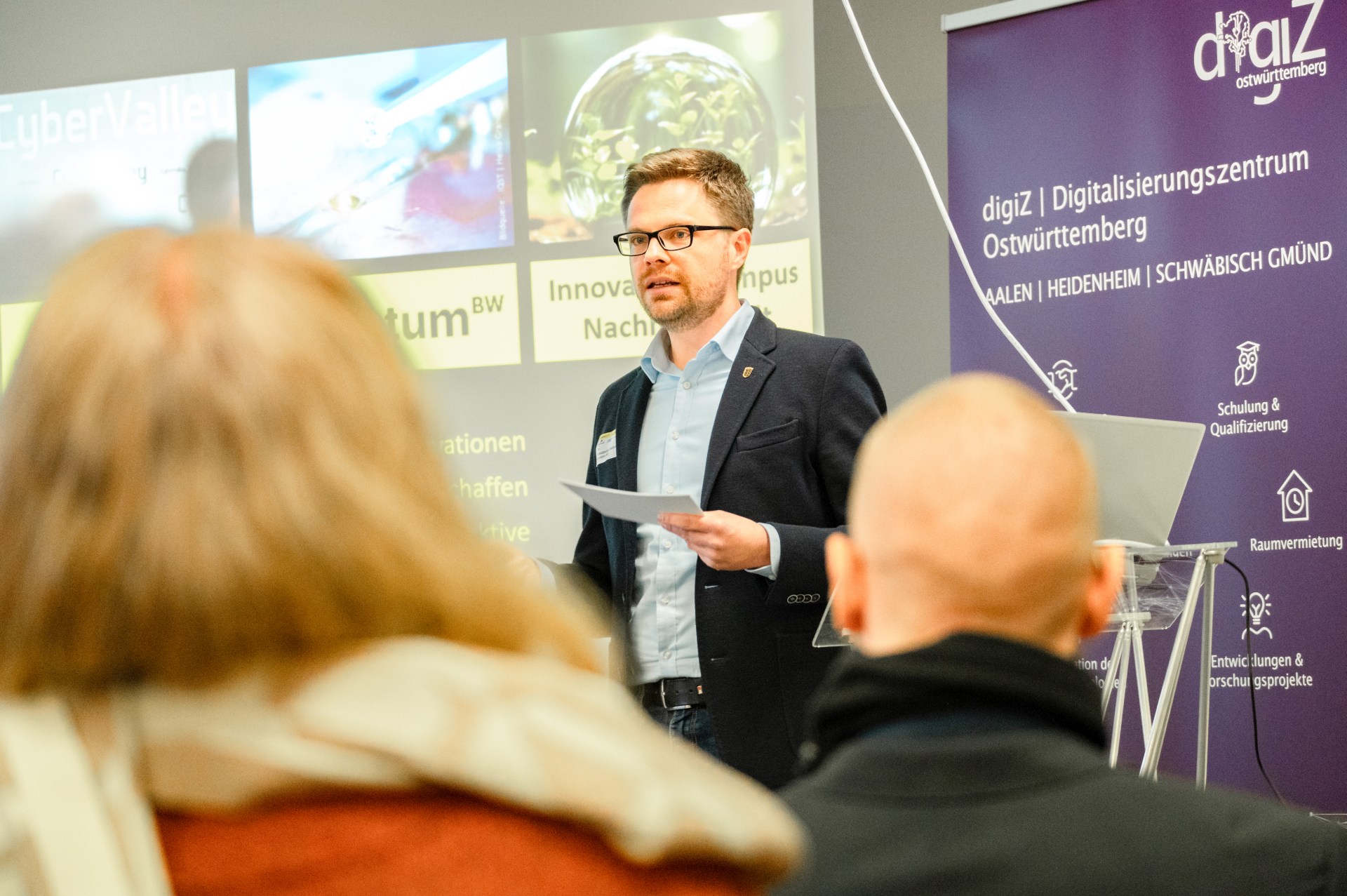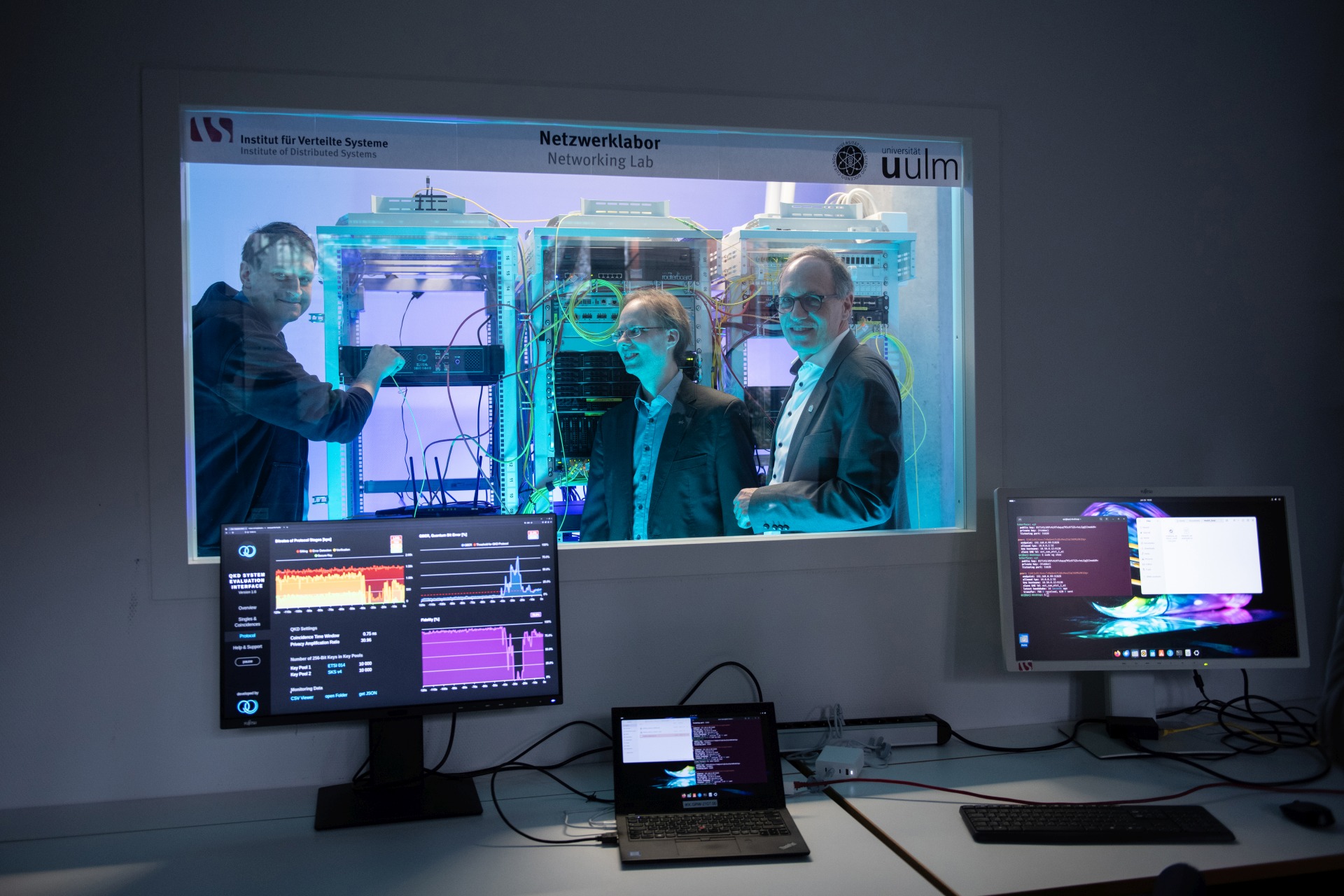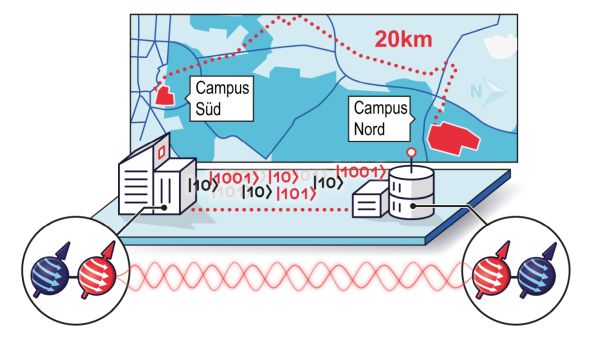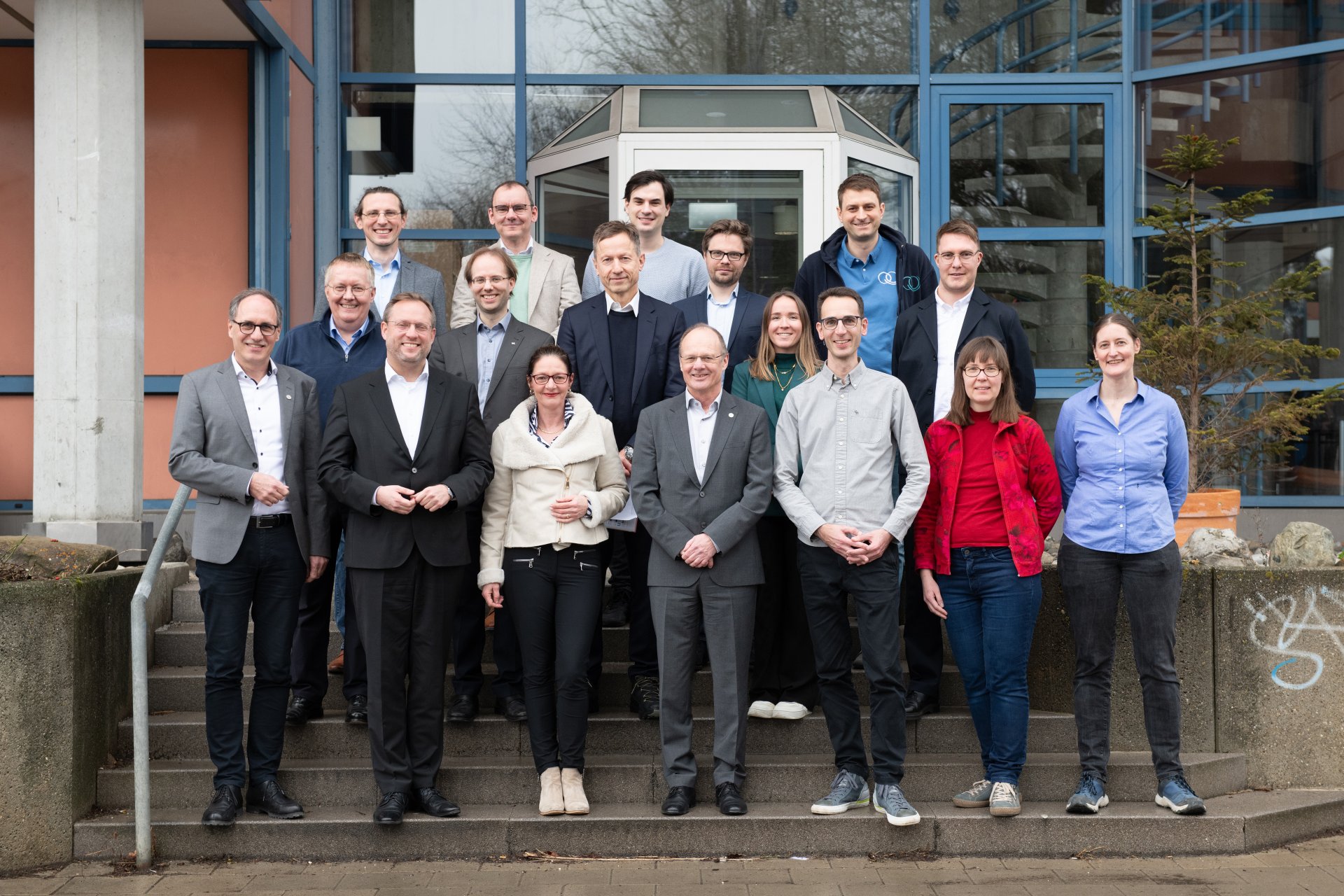Grand Finale of the QuantumBW Roadshow in Offenburg
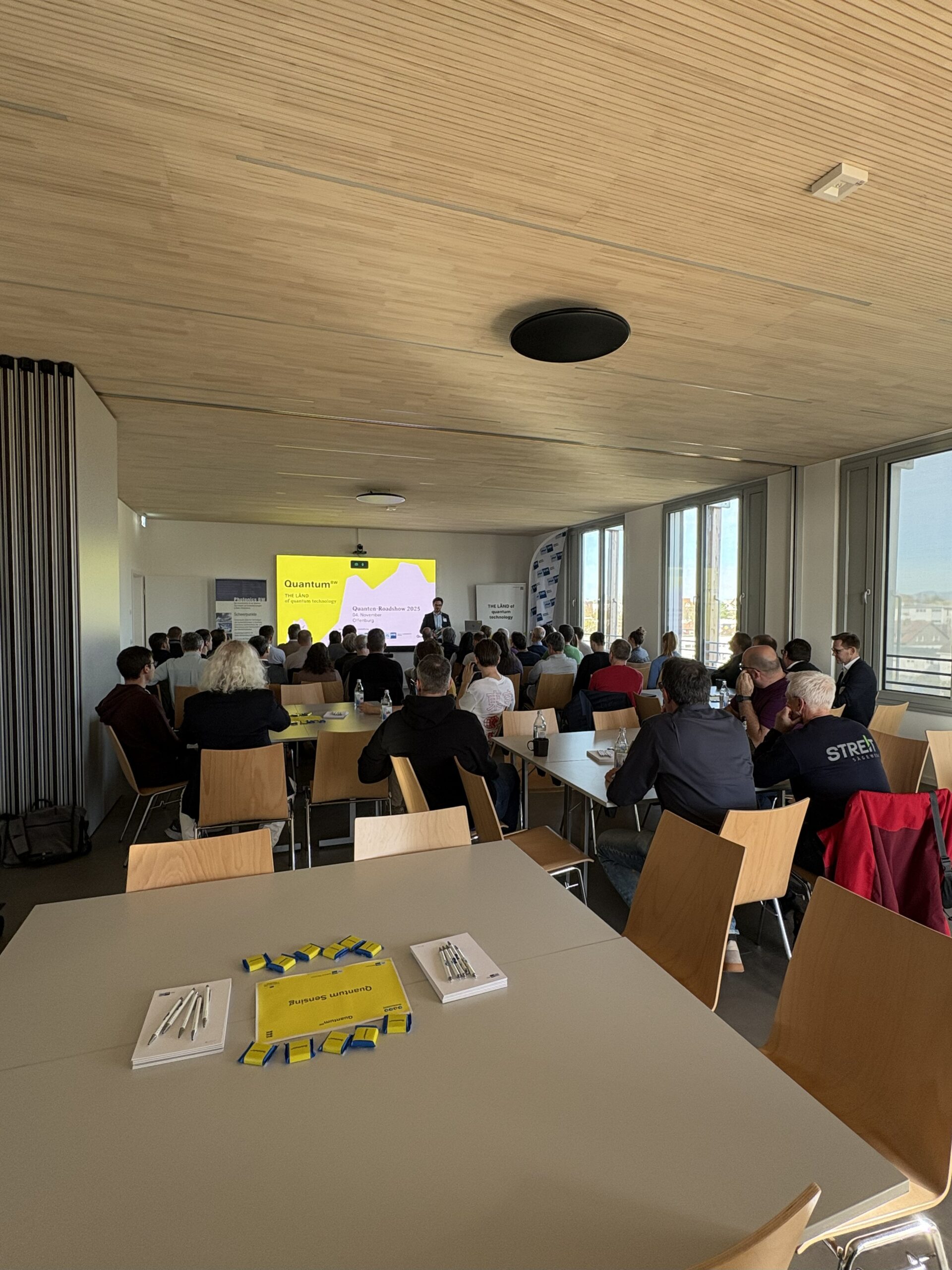
QuantumBW-Roadshow in Offenburg
November 04, 2025 — QuantumBW Roadshow in Offenburg, Germany
Grand finale of the QuantumBW roadshow in Offenburg
With the final event in Offenburg on November 4, 2025, this year’s QuantumBW roadshow comes to an end for now. We can look back on four successful events with countless fruitful discussions between research and industry – exactly what a strong quantum ecosystem needs, and what sets Baden-Württemberg apart!
To provide an introduction to the quantum world, we launched the QuantumBW Roadshow. Together with Photonics BW and the support of the Chamber of Industry and Commerce (IHK) locations in our host cities, we give small and medium-sized enterprises an insight into the potential of quantum technologies. For our fourth and final stop for the time being, we were guests at Offenburg, Germany, with the Southern Upper Rhine and the Karlsruhe Chamber of Commerce and Industry.
The QuantumBW Roadshow in Offenburg attracted around 70 participants, including representatives from clinics, the pharmaceutical industry, the construction machinery sector, universities of applied sciences, and companies such as Edeka and Charitas. This diversity of the participants ensured an exciting exchange of ideas about innovative technologies and their applications.
The strong response from industry to quantum technologies was particularly motivating for the exhibitors from our QuantumBW network: for example, the great potential of quantum sensor technology in medical applications such as the detection of previously undetectable forms of breast cancer. It is precisely this kind of feedback on potential applications that motivates our first-class researchers in Baden-Württemberg to continue advancing quantum technologies even further.
Such valuable momentum is only possible through events where quantum experts can connect with interested companies. Without this direct exchange, many would be denied access to potential partners for joint transfer projects and, ultimately, the path to groundbreaking developments in quantum technologies. The QuantumBW Roadshow 2025 not only imparted knowledge but also created valuable connections between science and industry. QuantumBW will continue to develop this format.
Further Information
